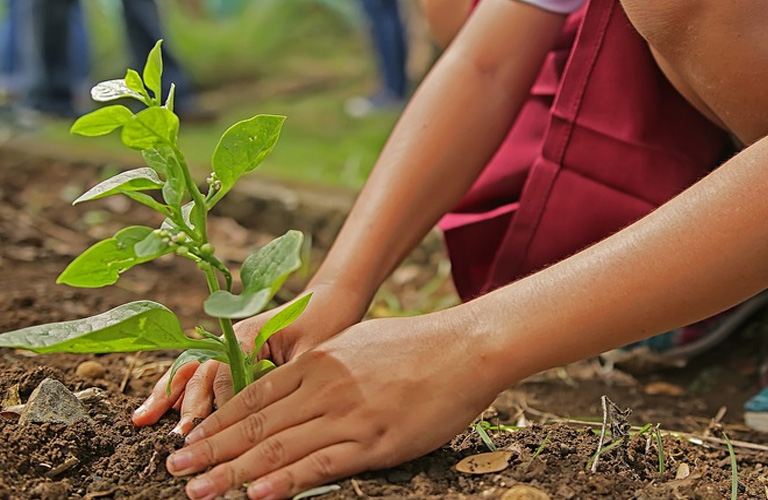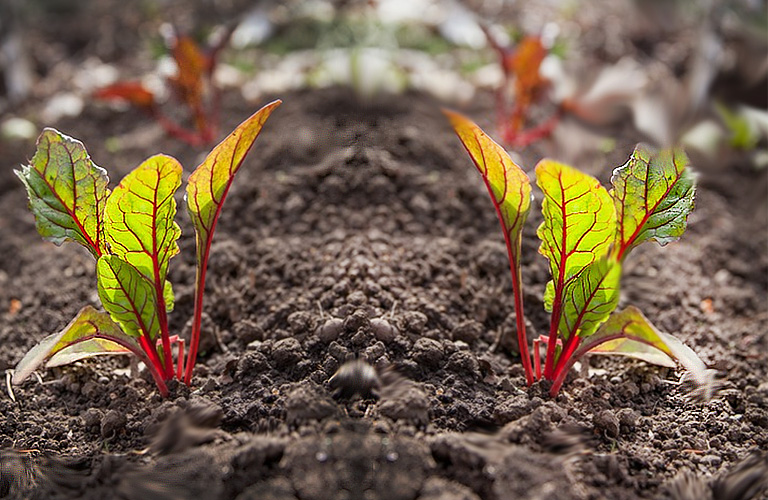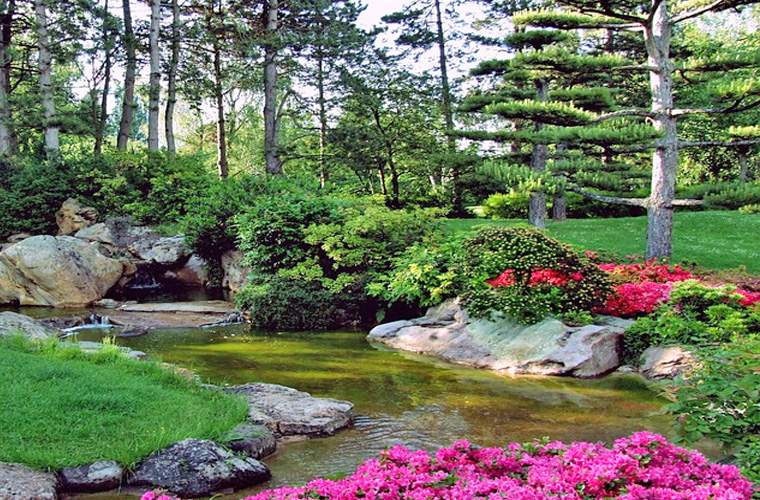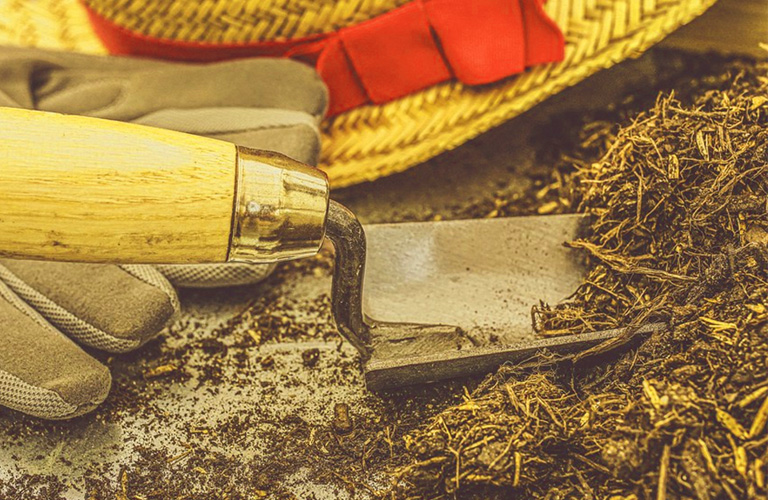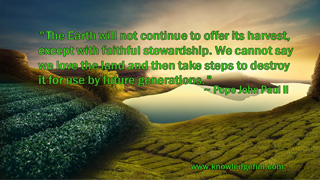Great Organic Gardening
Whether you are an avid gardener or just starting out, the idea of creating a garden using organic methods can seem overwhelming at first. But organic gardening is less daunting than you may think if you understand some basic principles and can be done right in your own backyard.


